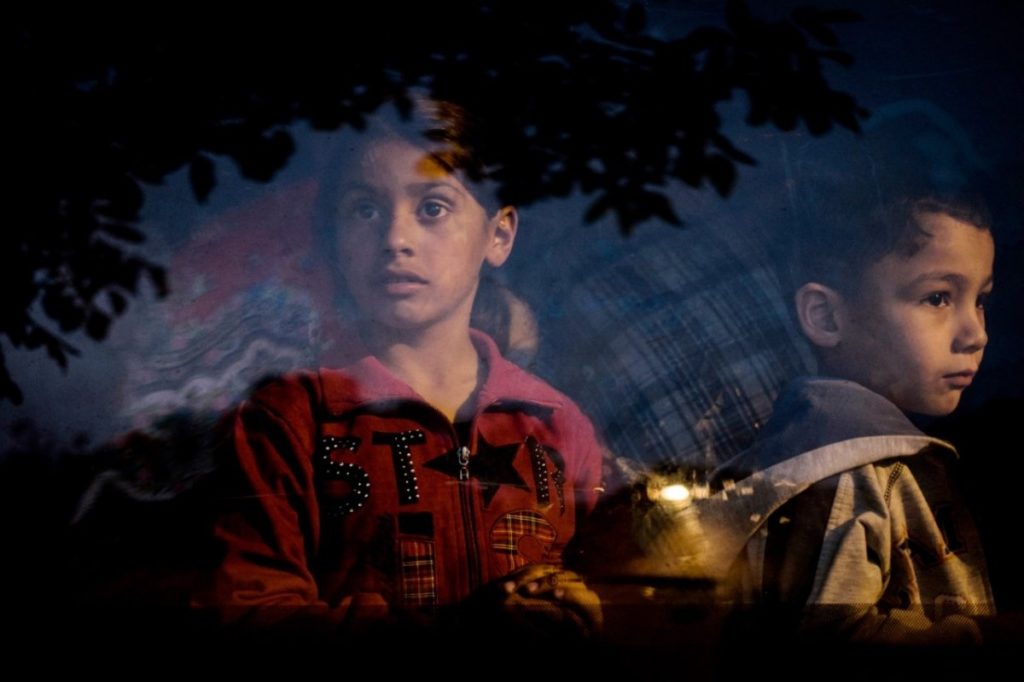Focusing on Western Balkans, first statistics in seven years reveal increased school attendance but a growing gap between Roma and non-Roma in health, employment and housing. The Regional Roma Survey - funded by the European Commission and implemented by United Nations Development Programme (UNDP) and the World Bank - was published on Monday in the framework of the EU Roma Week 2018 in Brussels.
It is the first major collection of data on marginalized Roma in Albania, Bosnia and Herzegovina, Macedonia, Montenegro, Serbia and Kosovo since 2011. Of the estimated 10-12 million Roma living in Europe, around one million live in the Western Balkans.
More Roma girls and boys are attending compulsory education in the Western Balkans than ever before but their attendance in secondary school is much lower and the gap to the majority society is increasing according to the survey.
Asked by The Brussels Times about the gap, Jasmina Papa, an UNDP expert who works with social inclusion projects in the Western Balkans, explained that a major issue is the location and distance of secondary schools from Roma communities.
The shares of youth (ages 18-24) not in employment, education or training are high, ranging from 73 in Serbia to 86 percent in Bosnia and Herzegovina. Among young women, it varies between 81 in Macedonia and 93 percent in Montenegro.
When compared to their non-Roma neighbours, Roma people face twice as high unemployment, and are less likely to see a doctor when needed or go to bed on a full stomach.
The study details other areas where improvements have been made since 2011 or are still needed. For example, in most countries Roma are now more likely to have access to waste collection, ranging from 75 percent in Serbia to 94 percent in Macedonia and Albania.
Roma are also less likely to live in overcrowded households, although significant gaps remain relative to their non-Roma neighbours.
A high share of the Roma population lives in areas with no piped water inside the dwelling, ranging from 10 percent in Macedonia to more than half of the population in Albania.
Roma returning or expelled from Germany and other countries feel worse off than before they emigrated to Western Europe, according to interviews in the survey. They described themselves as “neither here nor there”.
“They left to seek asylum and to obtain social rights and had often to sell their houses,” explains Jasmina. “Now, they are sent back by force and face exclusion in their home countries.”
The report does not discuss whether current EU assistance is sufficient to improve the situation of Roma and tackle discrimination. The European Commission declined to comment on the findings in the survey and the EU funding to integrate Roma in the Western Balkans countries.
Awards to municipalities
In the framework of the EU Roma Week in Brussels, Roma Active Albania and European Roma Grassroots Organizations (ERGO) Network organized an award ceremony on Monday in the European Parliament to acknowledge positive examples of local authorities in the region.
Awards were given to the mayors of Tirana, Albania, Bijeljina, Bosnia and Herzegovina, Stip, Macedonia, Fushe Kosova, Kosovo, Tivat, Montenegro, and Odzaci, Serbia.
The juries pointed out progress in a number of areas, such as local actions plans, education, social entrepreneurship, infrastructure improvement, housing construction and Roma participation in local government.
The Brussels Times

